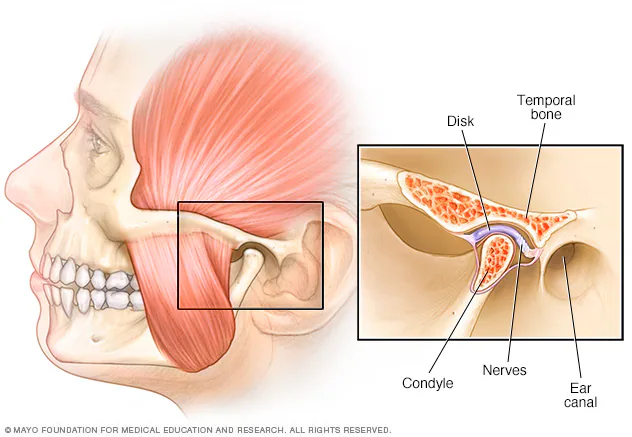Temporomandibular Joint Disorder (TMJ Disorder) is a condition that affects the joint connecting your jaw to your skull. It can cause pain, stiffness, and difficulty moving your jaw, often making simple tasks like speaking or chewing uncomfortable. The good news is that with the right approach, TMJ-related symptoms can be effectively managed, restoring comfort and function to your daily life.
For individuals seeking expert care, professional Tmj Disorder Treatment offers a range of tailored solutions to address both the cause and the symptoms of jaw pain. From non-invasive therapies to advanced dental interventions, treatment plans are designed to promote long-term relief and improved jaw mobility.
Understanding TMJ Disorder
TMJ Disorder can result from various factors, including teeth grinding (bruxism), jaw injuries, arthritis, stress, or misalignment of the bite. The condition can cause symptoms such as jaw tenderness, clicking or popping sounds, headaches, neck pain, and even ear discomfort. Because the temporomandibular joint plays a vital role in speaking and chewing, any dysfunction can significantly affect one’s quality of life.
Non-Surgical Treatment Options
1. Lifestyle and Self-Care Practices
Mild TMJ symptoms can often be alleviated through simple self-care measures. Applying ice packs, avoiding hard or chewy foods, and performing gentle jaw-stretching exercises can reduce inflammation and strain on the joint. Stress management techniques, such as meditation or yoga, may also help minimize teeth clenching and jaw tension.
2. Oral Splints and Mouthguards
Dentists may recommend customized oral splints or nightguards to prevent teeth grinding and reduce pressure on the jaw joint. These devices reposition the jaw slightly, helping to improve alignment and relieve muscle tension over time.
3. Physical Therapy
Physical therapy can be highly beneficial for improving jaw function. Therapists use exercises to strengthen jaw muscles, improve mobility, and reduce stiffness. Manual therapy techniques may also help realign the joint and release muscle tension around the face and neck.
4. Medications
Over-the-counter pain relievers such as ibuprofen can provide temporary relief from inflammation and soreness. In some cases, doctors may prescribe muscle relaxants or anti-inflammatory medications to manage more severe symptoms and improve joint movement.
Advanced and Dental Treatment Options
1. Bite Correction and Orthodontic Treatment
If TMJ Disorder is linked to bite misalignment, dental correction may be necessary. Orthodontic treatments or reshaping certain teeth can help align the bite, ensuring even pressure distribution when chewing and reducing joint stress.
2. Injections and Minimally Invasive Procedures
For patients who do not respond to conservative methods, injections such as corticosteroids or Botox may be used to relax overactive muscles and reduce inflammation around the joint. These treatments can provide significant relief when performed by an experienced specialist.
3. Surgery (for Severe Cases)
Surgical intervention is considered only when all other treatments fail. Procedures such as arthroscopy or open-joint surgery may be recommended to repair structural damage, remove debris, or realign the joint. However, surgery is rare and typically reserved for severe or persistent TMJ conditions.
Preventive Tips for TMJ Relief
Preventing TMJ flare-ups involves maintaining good posture, managing stress, and avoiding activities that strain the jaw. Refraining from chewing gum, clenching teeth, or resting your chin on your hand can help minimize joint pressure. Regular dental checkups are also essential for early detection and management of any jaw or bite-related issues.
Final Thoughts
TMJ Disorder can be painful and frustrating, but with the right combination of self-care, professional guidance, and targeted therapies, most people can achieve lasting relief. Understanding your symptoms and addressing them early can prevent chronic discomfort and long-term complications.
Consulting a dental professional for a comprehensive evaluation ensures that your treatment plan is tailored to your specific needs, helping you regain comfort and confidence in your daily life.

